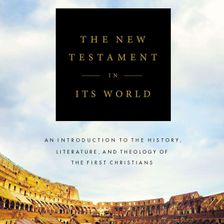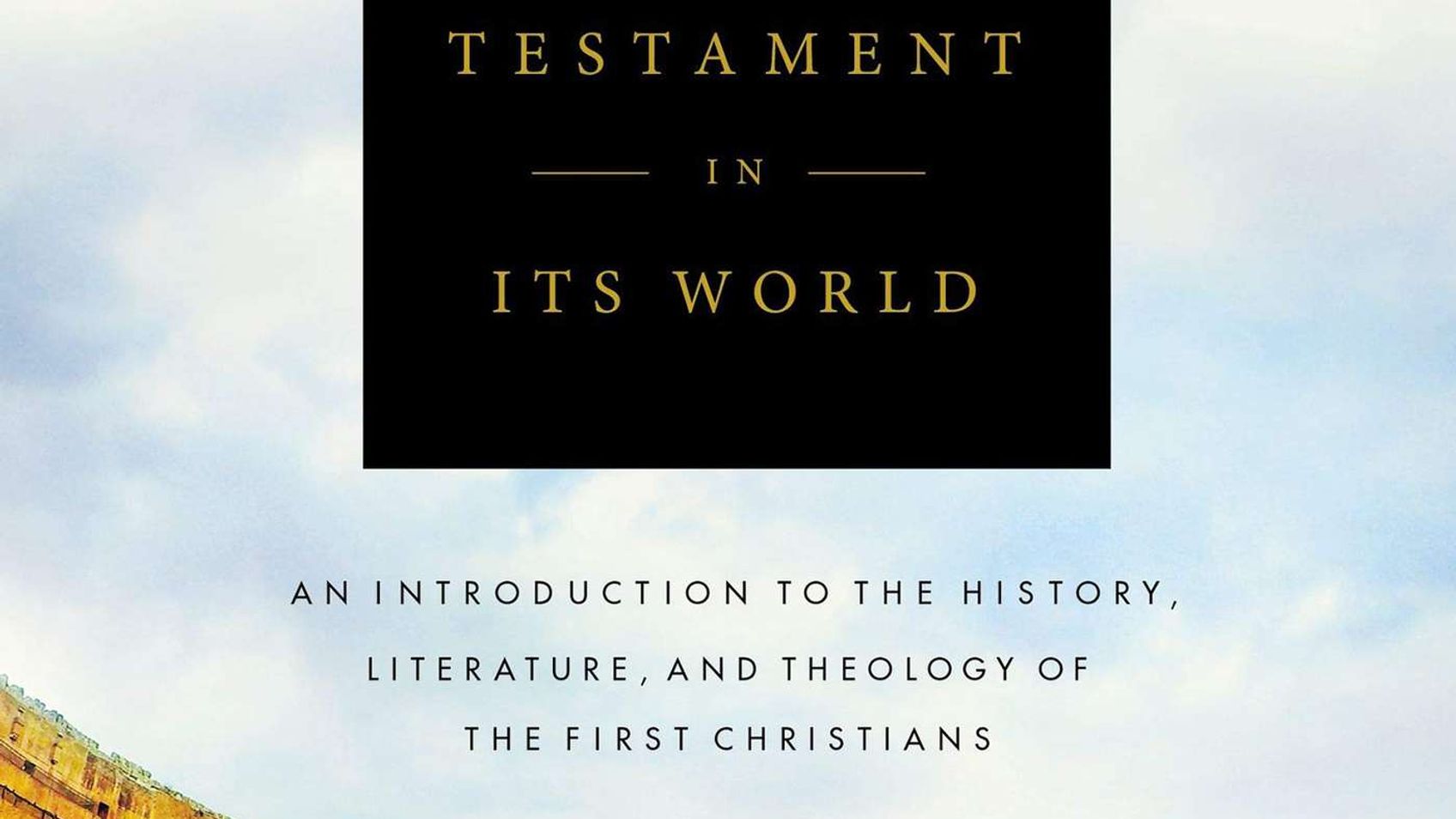What are the Catholic Letters about?

Welcome to the fifth in a six-part series delving into the benchmark book The New Testament In Its World.
Co-author Michael Bird takes us through the text he wrote with N.T. Wright, this episode focusing on the Catholic Letters - the collection of epistles following Paul's letters that embrace the church at large and offer a balance to some of the Apostle's more controversial teaching. In addition, Mike shows how these letters provide us a more detailed view of the world in which the New Testament was written.
On the chopping block are important questions like,
* Why is it important that we have other authors in the New Testament?
* What is the difference in the audience that Paul and the Catholic Letters address?
* Is there a sense in which the Catholic Letters balance out the Letters of Paul?
You can buy a copy of The New Testament In Its World here.
If you're following along with The New Testament In Its World, this episode covers key issues in Part VII: The Early Christians and the Mission of God:
1. The canonical function of the Catholic Epistles
More From Delving Into The New Testament In Its World




More on OpenTheo















